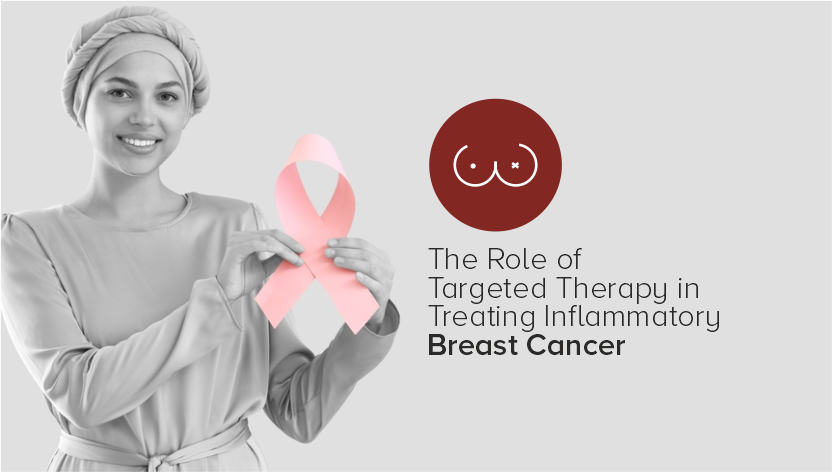Inflammatory breast cancer (IBC) is a rare but aggressive form of breast cancer that typically progresses quickly. Unlike other types of breast cancer, IBC often does not form a lump. Instead, it triggers a blockage in the lymph vessels in the skin of the breast, causing the breast to become red, swollen, and warm. This distinct presentation can lead to delayed diagnosis and treatment, complicating patient outcomes.
